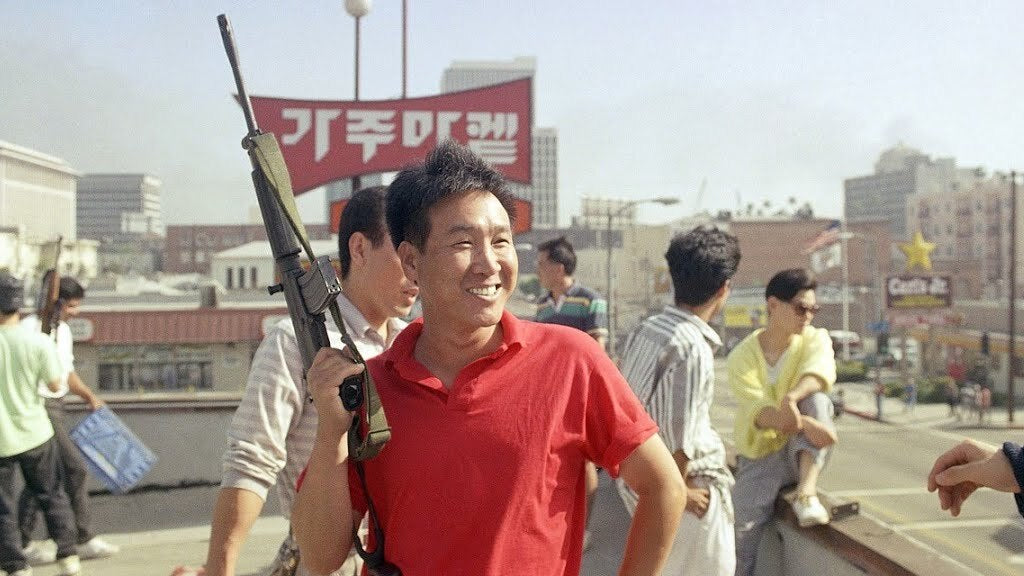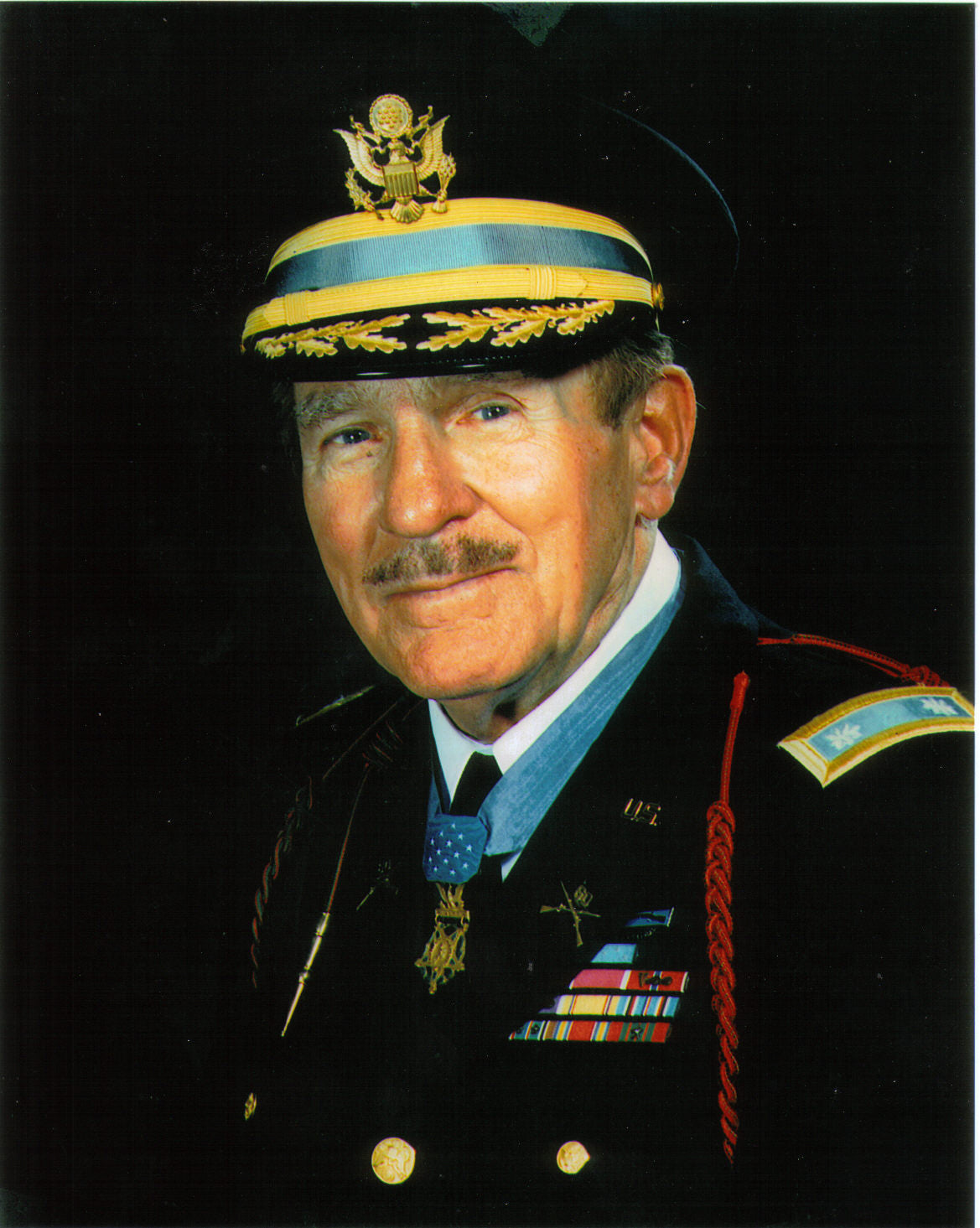
WARRIOR WEDNESDAY: ROOFTOP KOREANS
In the Spring of 1992, the city of Los Angeles exploded in rage and riots after a jury acquitted 4 LAPD officers involved in the Rodney King beating. However, just as how these events typically play out, the message of the protestors was quickly drowned out by the idiots whose only aim was destruction, mayhem, and stealing of property. And it was clear who they thought would be the easiest soft target: The Korean American Community in and around Korean town or Ktown for short. By the time it was all over, more than half of the estimated $1Billion worth of damage had occurred in Ktown.
Korea town is a rectangular area within Los Angeles that covers about 150 blocks. Korean immigrants had begun settling there in the 1960s. Many were highly educated professionals such as lawyers, engineers, and medical personnel whose language barrier prohibited them from continuing their trade here in the States. They would instead invest their life savings in starting small businesses such as dry cleaners, mini-marts, and other small "mom and pop shops" in and around the Ktown area. Little did they know that most of it would be reduced to ruins in 1992.
As the riots began to spread, it was soon made clear to the residents of Ktown that the police had abandoned them to protect the more affluent neighborhoods. Roads between Ktown and wealthy Beverly Hills/West Hollywood were blocked off by LAPD. A Korean-American resident later recalled: "The police cut off traffic out of Koreatown, while we were trapped on the other side without help. Those roads are a gateway to a richer neighborhood. It can't be denied." The residents of Ktown also testified that emergency responders began to ignore their calls for help.

Upon realization that "no one is coming to help," the residents of Ktown whom the looters had expected to be soft targets began to take action. What the looters failed to realize was that a large percentage of the adult male population of Ktown had years of military experience due to the Republic of Korea's mandatory military service. There was no 'social media' back in those days, so Radio Korea became the nexus of information for local security teams to coordinate, gather and protect what was left of their community. Videos and photos of these Korean Americans manning the rooftops and engaging in gunfights have become widely shared today. However, some of the nuanced facts become more clear if you see some of the interviews with these Rooftop Koreans. Most importantly, they were NOT gung-ho vigilantes but rather reluctant warriors who overcame their fears to fight back only when they realized that the government wouldn't protect them. This itself is a telling point in that these law-abiding citizens patiently waited for their newly adopted government to take action even while most of their livelihood was being torn apart. It was only when they realized that they were on their own did they take action.
Further, it is highly inaccurate to state that "Rooftop Koreans" is a racist movement against the African Community. Interviews with the community-made it evidently clear that they were incredibly disciplined not to kill unless the situation absolutely called for it. Not surprisingly, the cowards that were looting the city quickly disengaged just at the mere sight of people willing to fight back. The less cowardly ones also turned away as soon as the warning shots began to pepper around them. No African American looter was killed by the Rooftop Koreans.
Even still, most of Ktown was destroyed when it was all said and done. It's clear, however, that the entire community would have been completely annihilated had it not been for these men's actions. In the last 27 years, the Ktown community demonstrated that same strength and resilience to rebuild. COVID lockdown aside, Ktown is now known around Los Angeles for great food and a robust nightlife. Many who live there remain thankful to their predecessors who fought to give that community a chance to continue.

These days "Rooftop Korean" has become incredibly ubiquitous, especially during times of social unrest. A question we get often is, "do you have to be Korean to be a Rooftop Korean?" To that, our answer is unequivocally a big "NO." The term, "Rooftop Korean" has evolved to a point where it no longer refers to a specific race, but rather a mindset that you are your first responder; when the system breaks and no one is coming to help, are you willing to fight self-doubt and fear to take up arms and protect yourself and your livelihood? If so, you are a Rooftop Korean. We checked with the Korean delegation and received confirmation: WE ARE ALL ROOFTOP KOREANS!!
-
Rep the history here: Defend The Rooftops
Andy is shamming at the range this week, so Brian is covering down as a guest writer. Brian is a former US Army Officer, and one of the producers of the feature film, Ktown Cowboys. You can follow Brian on IG at @woochungklan009
//


Leave a comment
This site is protected by hCaptcha and the hCaptcha Privacy Policy and Terms of Service apply.